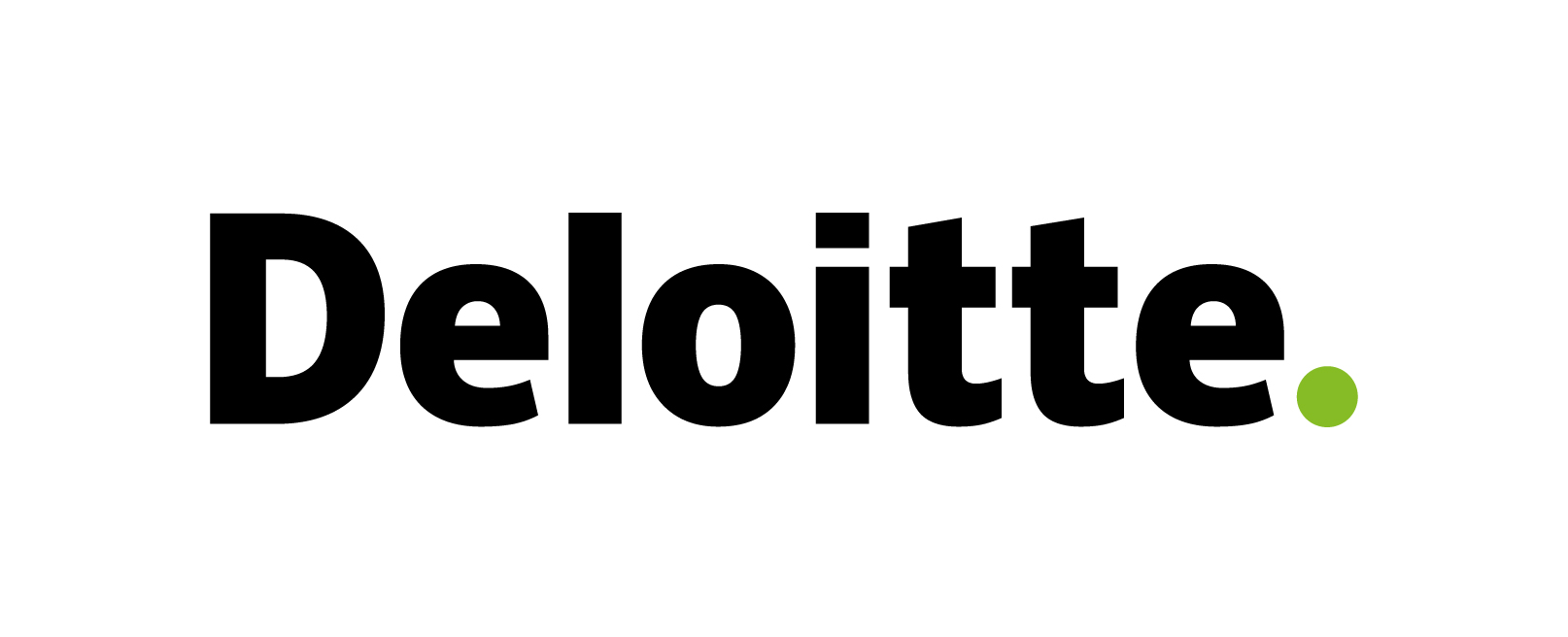Trust and Ethics in the Workplace Have Been Battered by the Recession, Deloitte’s 2010 Ethics & Workplace Survey Finds
Fortune 1000 executives say loss of trust is an issue
(3BL Media / theCSRfeed) New York - July 26, 2010 - According to Deloitte’s fourth annual Ethics & Workplace Survey, one-third (34 percent) of employed Americans plan to look for a new job when the economy gets better. Within this group of respondents, 48 percent cite loss of trust in their employer and 46 percent say lack of transparent communication from their company’s leadership are the primary reasons for pursuing new employment at the end of the recession. Additionally, a large majority (65 percent) of Fortune 1000 executives who are concerned employees will be job hunting in the coming months believe trust will be a factor in a potential increase in voluntary turnover.
“With lack of trust and transparency factoring into the employment decision of roughly half of the respondents who plan to job hunt in the coming months, business leaders must be mindful of the importance of both on talent management and retention strategies, as well as the bottom line impact,” said Sharon Allen, chairman of the board, Deloitte LLP. “By focusing on these two areas executives may be able to reduce attrition. It could also allow them to mitigate the expenses associated with the hiring and on-boarding process and ensure that tacit knowledge remains within their organizations. Establishing and reinforcing a values-based culture can ultimately help to cultivate employee trust.”
While the survey found 59 percent of employees feel more is being demanded of them because of today’s business climate, 72 percent say their employers continue to support their work-life needs and 77 percent of executives say they remain supportive of employee personal needs outside of work. Sixty percent of employees suggest that technology plays an important role in helping them meet their professional and personal demands, which is enabling them to trust their employers more.
“Executives are facing a number of challenges today and maintaining a workplace in which employees are able to thrive is certainly one of them,” Allen continued. “The survey shows that trust and flexibility are critical in today’s workplace. At Deloitte, we work to demonstrate our commitment to both through innovative work-life initiatives and frequent and transparent communications with our people.”
Methodology
This Ethics and Workplace study was conducted via telephone interviews within the United States by Harris Interactive, on behalf of Deloitte, between April 8 and April 12, 2010 to 754 full- or part-time employed U.S. adults ages 18 years old and older. Results were weighted for age, sex, geographic region, and race where necessary to align them with their actual proportions in the population. Additional interviews were conducted online between April 6 and 16, 2010 among 300 Fortune 1000 executives, defined as vice president or higher. The completed interviews were weighted by company revenue and number of employees where necessary to bring them into line with their actual proportions in the larger universe of Fortune 1000 companies.
All sample surveys and polls, whether or not they use probability sampling, are subject to multiple sources of error which are most often not possible to quantify or estimate, including sampling error, coverage error, error associated with nonresponse, error associated with question wording and response options, and post-survey weighting and adjustments. Therefore, Harris Interactive avoids the words “margin of error” as they are misleading. All that can be calculated are different possible sampling errors with different probabilities for pure, unweighted, random samples with 100 percent response rates. These are only theoretical because no published polls come close to this ideal.
About the Deloitte Ethics & Workplace Survey
The Deloitte Ethics & Workplace Survey is designed to measure the impact that current workplace trends and issues have on employee behavior. Launched in 2007, the inaugural study examined the connection between work-life fit and ethical decision making by employees on the job. The following year, the survey focused on the role of leadership transparency, followed by research on the potential reputational risk associated with social media. This year’s survey is dedicated to trust in the workplace. Sharon Allen, chairman of the board, Deloitte LLP, is the sponsor of this annual survey series.
About Deloitte
As used in this document, “Deloitte” means Deloitte LLP. Please see www.deloitte.com/us/about for a detailed description of the legal structure of Deloitte LLP and its subsidiaries.
About Harris Interactive
Harris Interactive is one of the world’s leading custom market research firms, leveraging research, technology, and business acumen to transform relevant insight into actionable foresight. Known widely for the Harris Poll and for pioneering innovative research methodologies, Harris offers expertise in a wide range of industries including healthcare, technology, public affairs, energy, telecommunications, financial services, insurance, media, retail, restaurant, and consumer package goods. Serving clients in over 215 countries and territories through our North American, European, and Asian offices and a network of independent market research firms, Harris specializes in delivering research solutions that help us – and our clients – stay ahead of what’s next. For more information, please visit www.harrisinteractive.com.

